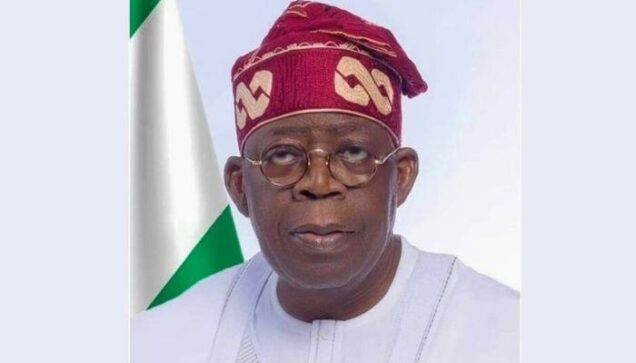
The Commonwealth Sport Executive Board has recommended Ahmedabad, the major city in Gujarat, India, as the host for the 2030 Commonwealth Games, marking a symbolic return to India for the centenary edition of the multi-sport event. The decision, which is pending formal ratification at the General Assembly in Glasgow on November 26, solidifies India’s position as a major player in the global sporting landscape.
The recommendation came after a closely contested bidding process against Abuja, Nigeria.
Ahmedabad’s Winning Edge and Olympic Ambitions
The selection of Ahmedabad for the 2030 Games—which will coincide with the 100th anniversary of the inaugural 1930 Games—is a pivotal moment for Indian sports. It is seen as a strategic move to demonstrate India’s capacity to host large-scale, international events, especially as the nation eyes a potential bid for the 2036 Olympic and Paralympic Games.
Ahmedabad’s proposal was lauded for its alignment with Commonwealth Sport’s ‘Games Reset’ principles, emphasizing affordability, sustainability, and legacy. Key factors cited in its success include:
World-Class Infrastructure: The city already boasts modern facilities, most notably the Narendra Modi Stadium, the world’s largest sports arena with a capacity of 132,000. Additionally, the newly-inaugurated Naranpura Sports Complex is likely to serve as a main venue.
Political Support: The bid was a joint effort backed by the Government of India, the Government of Gujarat, and the Commonwealth Games Association of India (CGAI).
Focus on Legacy: As CGAI President Dr. P. T. Usha stated, the Games are viewed as “a powerful opportunity to inspire our youth, strengthen international partnerships and contribute to a shared future across the Commonwealth.”
The 2030 event will be the second time India hosts the Games, following the 2010 edition in New Delhi.
Nigeria’s Continued Wait and Hope for 2034
For Nigeria, the defeat means the long wait for an African nation to host the Commonwealth Games continues. Abuja was one of only two cities to submit a formal bid after Canada’s multi-province proposal collapsed earlier in the year.
Despite strong political endorsement from President Bola Tinubu and an ambitious proposal highlighting unity, economic growth, and the opportunity to celebrate Africa, Abuja lost out for the second time, having also been unsuccessful in its bid for the 2014 Games.
However, the Commonwealth Sport Executive Board acknowledged Nigeria’s compelling proposal and has committed to accelerating the country’s hosting ambitions. A statement from the organization confirmed plans “to develop a strategy for supporting and accelerating Nigeria’s hosting ambitions for future Games, including consideration for 2034.”
Nigerian officials, while naturally disappointed, welcomed the commitment to future collaboration. The Minister of Sports, Shehu Dikko, stated that the process “has strengthened our resolve to bring the Commonwealth Games to Africa and use sport to shape Nigeria’s future on the global stage.”
The dual bids from Ahmedabad and Abuja demonstrated the enduring significance and global appeal of the Commonwealth Games, particularly at a time when other major nations have faced challenges hosting due to escalating costs.








